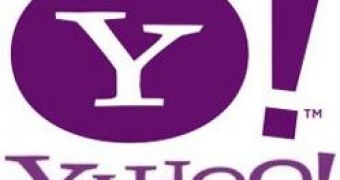The first changes resulting from the Microsoft-Yahoo search deal signed earlier this summer are already being felt and one of Yahoo's more controversial features has been dropped and will be completely gone at the end of this year. Paid Inclusions allowed web sites to pay a fee to be included in the Yahoo search index. The company claimed that it didn't favor these paid entries within the results themselves but it has caused a lot of talks and generated a nice revenue stream for some sites.
“We are committing our resources and efforts to our core areas of focus, including improving the search experience and relevancy of our ads to increase user engagement and ROI for advertisers, and as a result, have decided to exit Search Submit,” the company said in a statement.
“Yahoo! will exit Search Submit at the end of 2009. Yahoo! is providing those advertisers affected by the decision a sufficient lead time to assist in the transition. In addition, Yahoo! has recently announced a series of important enhancements to its Search advertising business and will work closely with many Search Submit advertisers to provide them with search solutions that will benefit their businesses.”
The program has already been ceased and web sites aren't able to buy inclusions at this point. The sales page itself has been removed and now just redirects to advertising.yahoo.com, the company's portal for advertisers and small businesses. The entries that are already included in the program will be removed at the start of 2010 after which point the search results will be completely organic.
The Paid Inclusions feature wasn't exactly one of the most loved products at Yahoo though the practice has been used by other search engines in the past. The theory is that sites pay the search engine to index the pages offering several advantages like the possibility to specify a crawl rate. The results are otherwise ranked just like any other web site would, but there have been plenty of people claiming that they alter the search results in an unfair way that is not useful or relevant to the consumer. In any case, the point is moot now. Microsoft's Bing doesn't have a similar program, nor do Google or Ask.com for that mater, so the feature had to be dropped if the search engine merger is to go through.

 14 DAY TRIAL //
14 DAY TRIAL //